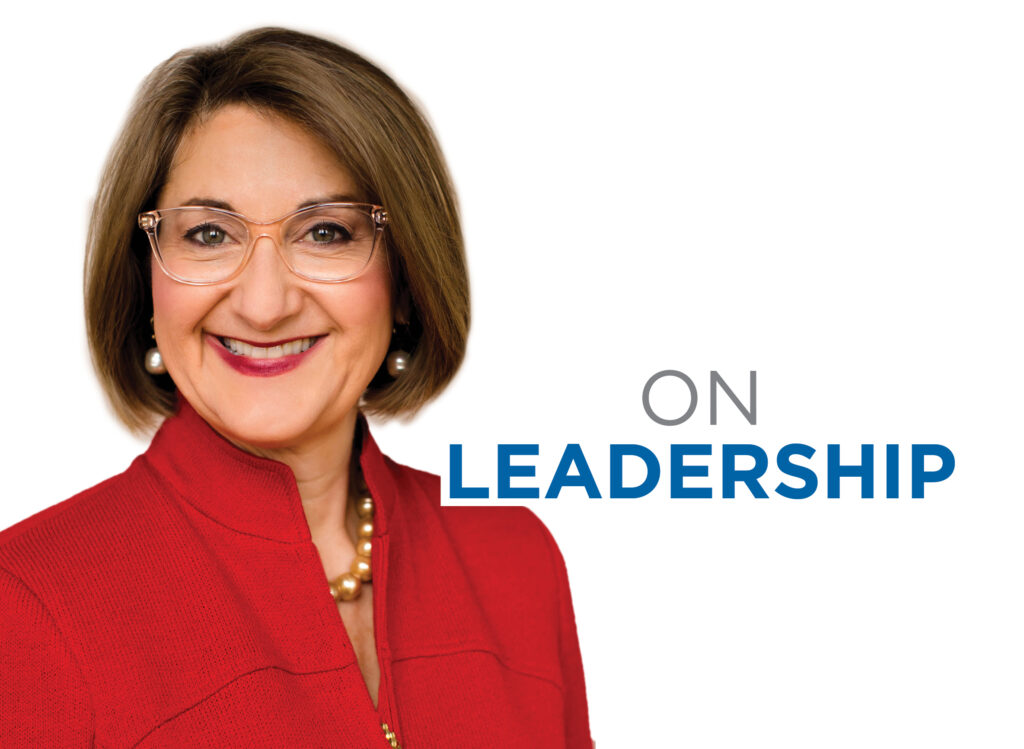The Elbert Files: New role for caucuses

Climate change has me reconsidering my long-standing opposition to Iowa’s first-in-the-nation presidential caucuses.
Since 1976, only two candidates have won contested caucuses and gone on to become president: Republican George W. Bush in 2000 and Democrat Barack Obama in 2008. (Jimmy Carter, who was elected in 1976, came in second in the caucuses, behind “uncommitted.”)
Iowans’ poor track record gave rise to the notion that the role of the caucuses is to narrow the field. But even that yardstick is questionable, which is why I’ve disputed their value.
Until now.
A Sept. 12 article in the online edition of Time magazine suggests a new purpose for Iowa’s caucuses: educating candidates and the media about global warming.
Laugh if you want, but Iowans in general and farmers in particular are uniquely positioned to handle this job, as Time’s Justin Worland explained in his article “How Climate Change in Iowa is Changing U.S. Politics.”
“Across the state,” Worland wrote, “Democratic presidential hopefuls have heard from business owners whose storefronts have flooded, mothers concerned about contaminated drinking water, and farmers who have lost harvests to cycles of flooding and drought.”
The article also explores an issue I wrote about earlier this year – the role Iowa farmers can play in reversing climate change.
Soil, it turns out, could help control climate change.
Don Wiviott, an agricultural entrepreneur who arrived in Iowa a couple of years ago with the goal of promoting organic farming, explained it to me last winter.
Scientists agree that too much carbon dioxide in the atmosphere is messing up our weather because it prevents heat from escaping from the earth. As the polar ice caps melt, cycles of evaporation and condensation increase, producing more flooding and changing growing patterns.
One possible solution is to have farmers help remove the carbon dioxide by sequestering it in their fields with the aid of photosynthesis, the chemical process by which plants absorb carbon dioxide, store the carbon as sugar and return oxygen to the air.
The use of commercial fertilizers during the past 70 years reduced the amount of carbon sequestration occurring on farms and aggravated the problem because the nitrogen-rich fertilizers compact the soil, making it less productive and more prone to flooding.
That process can be reversed with organic farming, Wiviott said, because cover crops and other practices will return more organic material to the soil.
Increasing organic material in soil also makes it more productive and more porous, which means it can hold more water, which reduces flooding.
In previous Iowa caucuses, farm issues were largely relegated to questions about ethanol and subsidies.
But not this time.
According to Worland’s Time article, “Several presidential hopefuls have proposed ideas tailored for Iowa, including new climate-insurance programs. …”
One candidate even “spoke at length about how farmers might one day receive government funding for capturing carbon dioxide in soil,” the article said.
In Iowa, Worland interviewed Democratic state Sen. Rob Hogg of Cedar Rapids, who told him the record flood of 2008 “all but eliminated climate-change skepticism” in his city.
He also spoke with Matt Russell, executive director of Iowa Interfaith Power and Light, a faith-based climate group, and an organic farmer in Warren County.
“We have the land for renewable energy, and we have the farming systems to sequester carbon,” Russell told Worland.
“In previous elections, climate change was essentially a non-issue,” Worland wrote, but “the reality of daily life in Iowa” today makes it a top-tier concern.
“Survey after survey of Iowa Democrats have identified global warming as one of voters’ top two issues, right after health care and ahead of immigration and the economy,” Worland wrote.







